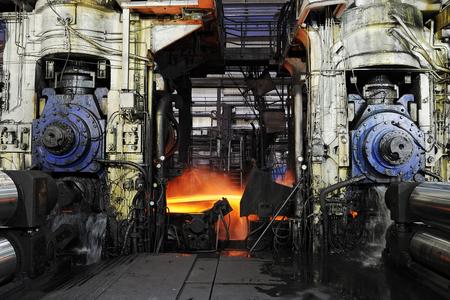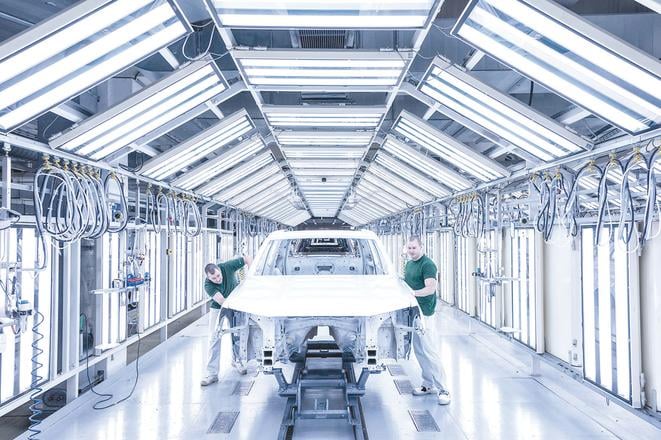The July meeting of European Commission President Jean-Claude Juncker and US President Donald Trump resulted in an agreement to work to eliminate tariffs on all non-auto industrial goods, increase cooperation on energy purchases and work together to reform the World Trade Organization. Trump also promised that tariffs on EU car imports would not be increased while negotiations continued.
Slovakia, as an exporter of a portion of its car production to the US, is closely following the development. While some experts see the results of the Juncker-Trump talks as a welcomed halt in the escalation of the trade war, others warn that this is just an agreement to start talking about talks.
“Slovakia as a significant producer and exporter of cars welcomes the discussion on zero tariffs and non-tariff trade barriers,” said Maroš Stano, spokesperson of the Economy Ministry.
Stano specified that zero tariffs and the scrapping of non-tariff trade barriers can be achieved via a bilateral free trade agreement between the USA and the European Union that could be negotiated in a relatively short time. Liberalisation or zero tariffs on industrial goods should not be a fundamental problem neither for the USA or the EU as the current average level of tariffs in mutual trade with the USA is only 1.4 percent in the EU and only 1.6 percent in the USA, said Stano. He added that the impact in the sector of agricultural products is questionable since the tariffs near 10 percent.

“Slovakia might support such an agreement, but the common course of EU member countries will be especially important,” said Stano, recalling that since these are only proposals of possible solutions and not official agreements, prognoses are preliminary.



 (source: Courtesy of Volkswagen Slovakia)
(source: Courtesy of Volkswagen Slovakia)